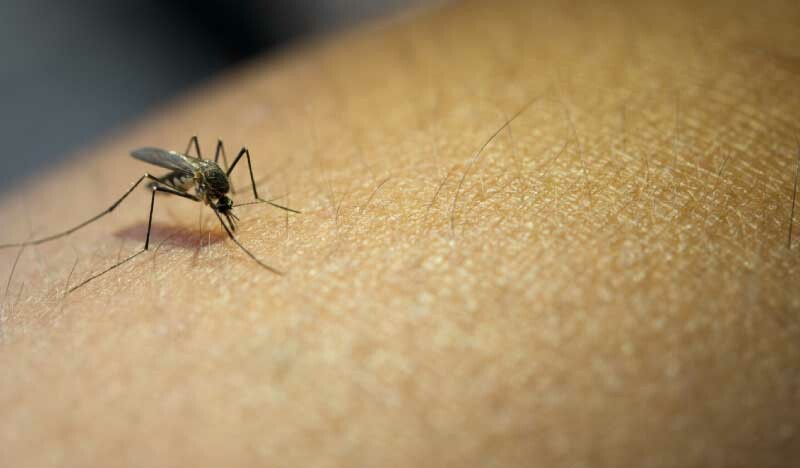HPA Raises Alarm as Chikungunya Cases Surge

Jcomp on Freepik
The Health Protection Agency (HPA) raises the alarm as cases of Chikungunya soar this month. With 59 reported cases in the Male’ area alone, vigilance becomes paramount. But what is Chikungunya, and how can we combat its spread?
Understanding Chikungunya
Chikungunya, a viral disease transmitted through mosquito bites, manifests through various symptoms:
– Severe cough
– Headache
– Joint pain
– Itching of the body
– Increased fatigue
– Nausea and vomiting
– Loss of appetite
If you experience any of these symptoms, seek medical attention promptly. Early detection and treatment are crucial in managing Chikungunya.
Prevention Measures:
1. Protective Clothing and Repellents: Wear long-sleeved clothing and use mosquito repellents containing DEET or Picaridin.
2. Repellents During the Day: Apply repellent to exposed skin areas, both indoors and outdoors, during the daytime.
3. Environmental Control: Keep doors and windows closed during dawn and dusk when mosquitoes are most active.
Mosquito Breeding Ground Elimination:
Preventing mosquito breeding is key in curbing Chikungunya transmission. Here’s how:
– Regular Cleaning: Clean water-holding items like cupboard trays weekly.
– Water Change: If water storage is necessary, change it weekly to prevent mosquito larvae growth.
– Dispose Properly: Avoid discarding containers and objects that can hold water in public spaces. Dispose of them properly or elevate them to prevent water stagnation.







